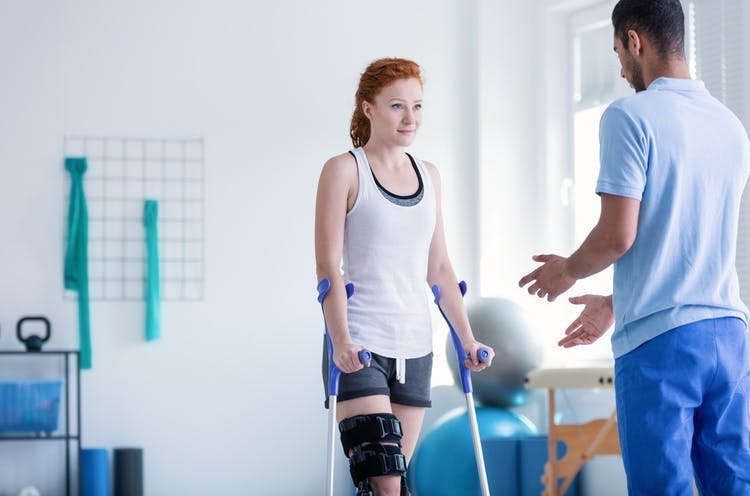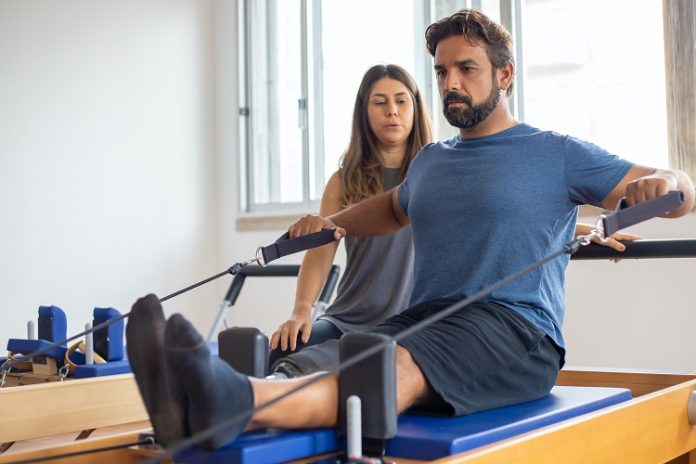A stroke can be devastating. But it doesn’t have to be the end of your life. This is a sudden disruption of blood flow to the brain often occurs when a blood vessel bursts or ruptures, causing brain cells to die. Strokes can happen to anyone at any age and can be caused by various factors, including high blood pressure, smoking, high cholesterol, and lack of exercise. If you or someone you love has suffered a stroke, here are some tips to help make the recovery process easier:
1. Learn About Your Condition and Ask Questions
Find out what kind of stroke you had and how it affects your body. For example, did you have an ischemic or hemorrhagic stroke? What percent of your brain was affected? How long will it be before you’re back to normal? The more information you have, the less scary this time will be and the faster you’ll recover.
You may not be sure what questions to ask at first, but your doctor or nurse should be able to give you some ideas. Ask them when they think it’s safe for you to drive again and whether they recommend any specific exercises or physical therapy. They may also suggest how long you should wait before having sex after a stroke. It depends on what kind of stroke treatment options are available in your area and how long it takes for all symptoms of sexual function loss to resolve after surgery or other procedures used to treat strokes.
2. Avoid Delaying Foot Drop Recovery With the Use of AFOs
An AFO brace is used to provide ankle stability and support. These braces are often recommended for stroke or spinal cord injury patients. They help support the legs and ankles so the patient can regain balance and mobility.
As helpful as they keep your foot from dragging behind as you walk, you should also involve yourself in physical therapy exercises first to strengthen the muscles. This is to avoid putting too much pressure on the tendons in your legs and hips, which can cause muscle atrophy and further weakness in those areas over time.
3. Stay Positive During Your Recovery

Your mindset can greatly impact how quickly you recover from a stroke, so it’s essential to remain optimistic about your ability to recover. The more positive you are about your recovery, the faster it will be for you. You may have to learn to do things differently, but that doesn’t mean you can’t be happy and enjoy life. Even if you don’t feel like making progress at first, remain positive and remember that it takes time to heal from a stroke. And don’t forget to reward yourself when you do make progress!
4. Avoid Isolation
Stroke survivors often feel they do not want to be a burden on their families or friends. They may also worry that they will be unable to return to work and earn an income. But isolation can make you feel lonely, depressed, and frustrated, which can negatively affect your recovery.
Social support is essential for everyone, including stroke survivors. Social support improves the quality of life after a stroke by reducing depression and anxiety and enhancing self-confidence and motivation. Social support also increases the likelihood that a person will adhere to medical recommendations for rehabilitation therapy. So don’t isolate yourself! Reach out to others who have experienced a similar situation and family and friends who care about you.
5. Set Goals and Find Your Purpose

Having goals helps keep you motivated to improve and reach milestones in your recovery process. You should set small goals at first, so they’re easily achievable — such as walking 10 feet or less without assistance or standing up straight without using any physical aids (such as a cane). Then set bigger goals like going shopping or doing something fun with friends and family members who were there when you had a stroke — these are great goals because they involve social and physical interactions!
Also, after a stroke, many survivors experience an existential crisis and ask questions like “Why am I here?” and “What’s my purpose?” It’s crucial to find an answer to this question before starting your recovery process because it will help keep you motivated throughout the journey and give meaning to all your hard work and effort over the years ahead.
6. Be Patient and Don’t Compare Yourself With Others
Recovery is a personal journey; no two people experience it exactly the same way. You might have friends or family offering advice, but it may not be what works for you. Don’t get discouraged if your progress isn’t as fast as theirs or if there are bumps along the way.
While it’s easy to get caught up in comparing our progress with others, there really is no one size fits all approach to recovery from stroke. Some people recover quickly while others take longer than expected; some patients need more rehabilitation than others, and some will never fully regain.
7. Maintain Your Health

A stroke can have lasting effects on your physical and mental well-being. One of the best things you can do to help recover from a stroke is to maintain good health by eating healthy foods, exercising regularly, and getting enough rest.
Take good care of yourself during recovery, too. This includes getting enough sleep and eating nutritious meals regularly each day. To help prevent falls during recovery, use a cane or walker when you go out in public or take a shower or bath.
8. Participate In Exercise Programs
If you can participate in an exercise program while recovering from a stroke, it can improve your overall health and reduce stress levels — which may help reduce symptoms of depression associated with stroke recovery. It’s also vital for maintaining muscle strength and mobility so that you’ll be better able to perform everyday tasks like walking around the house or bending over to pick up objects off the floor. If you’ve had partial or complete paralysis of one side of your body after having a stroke, physical therapy may help you regain balance and mobility.
Stroke recovery involves a long process, including several challenges you will have to face. The most important thing is that you never give up and continue coping with the numerous challenges your stroke has left you with. Also, keep moving forward; life is not going to come to an end because of your stroke. It is just a new beginning, so work hard!







